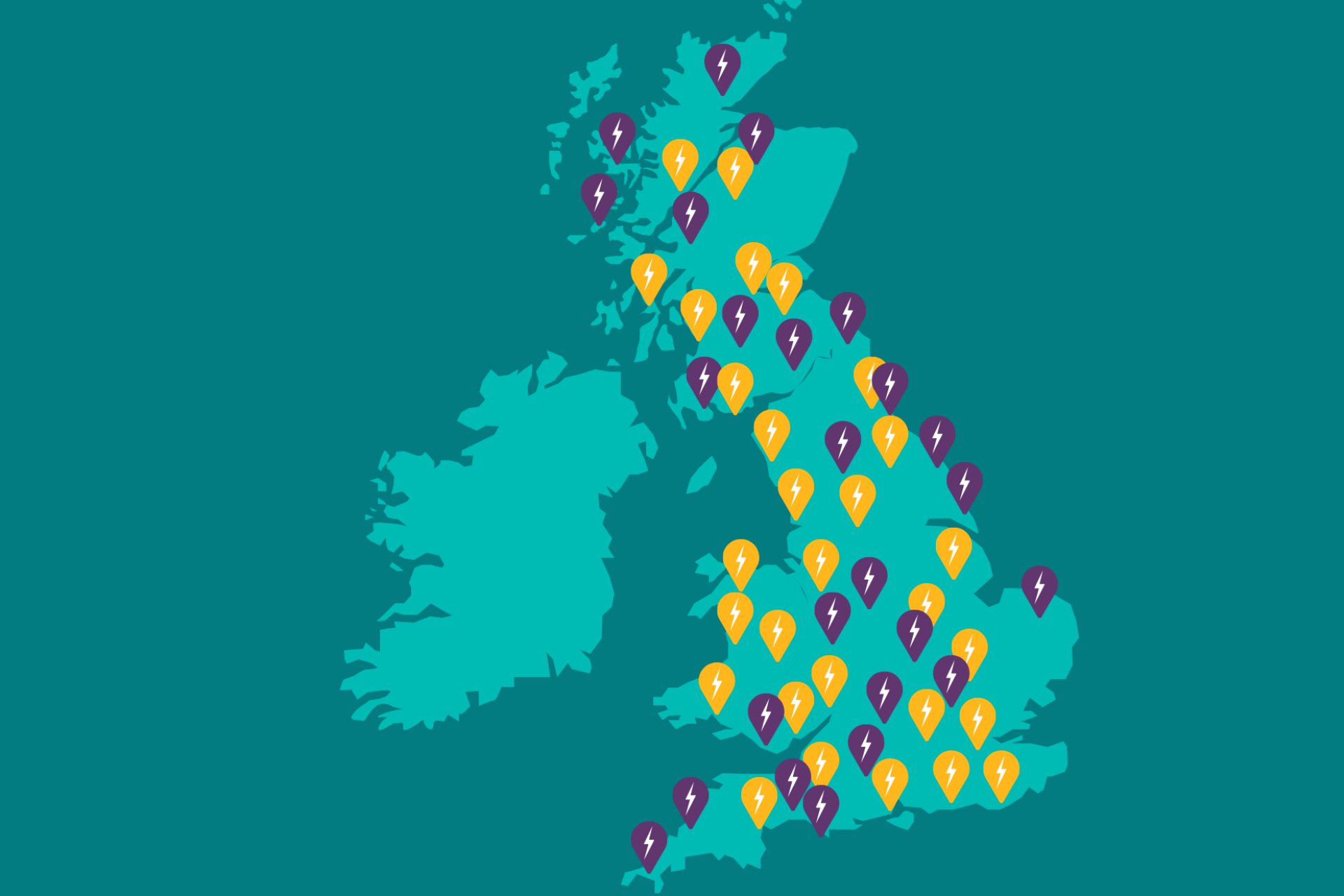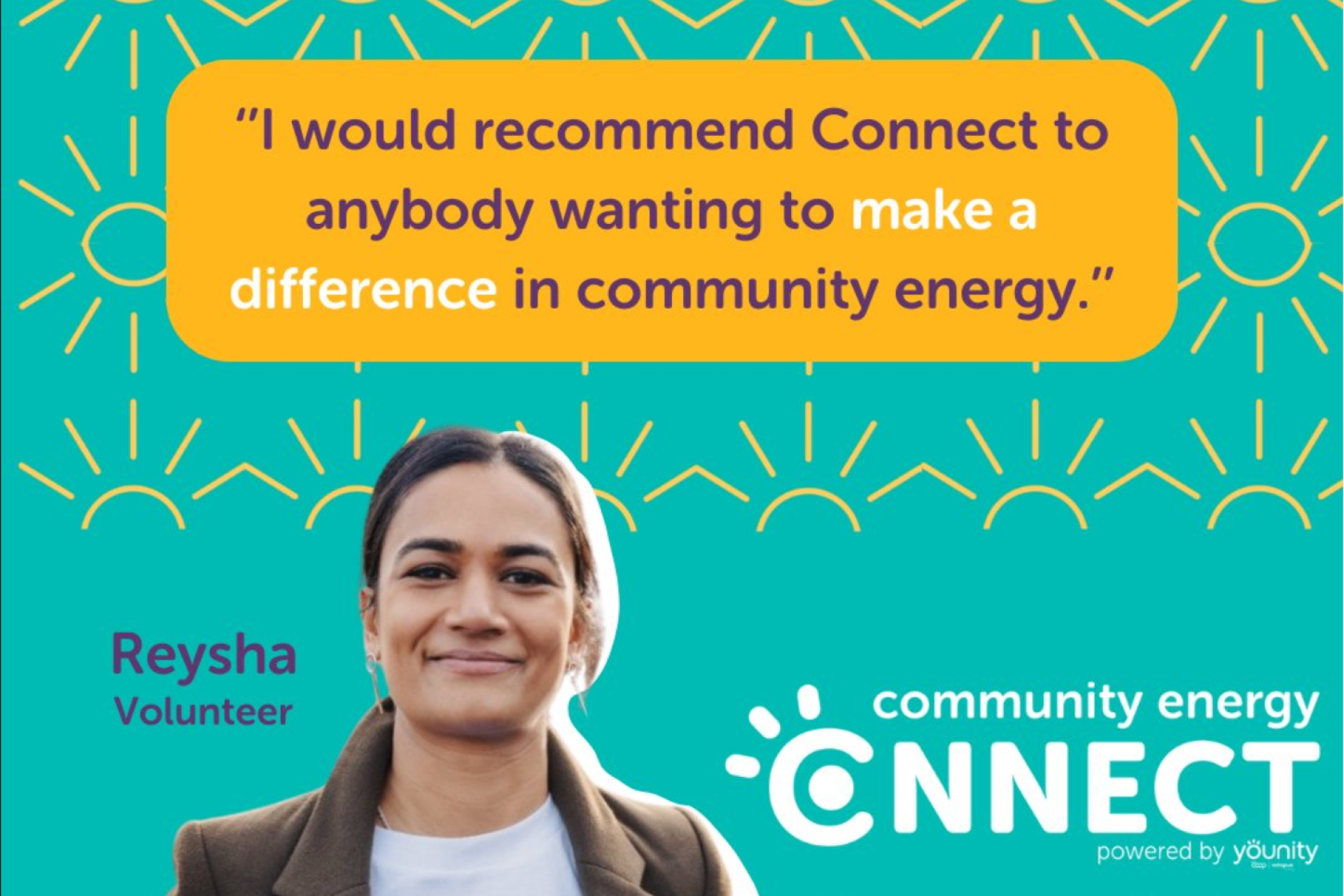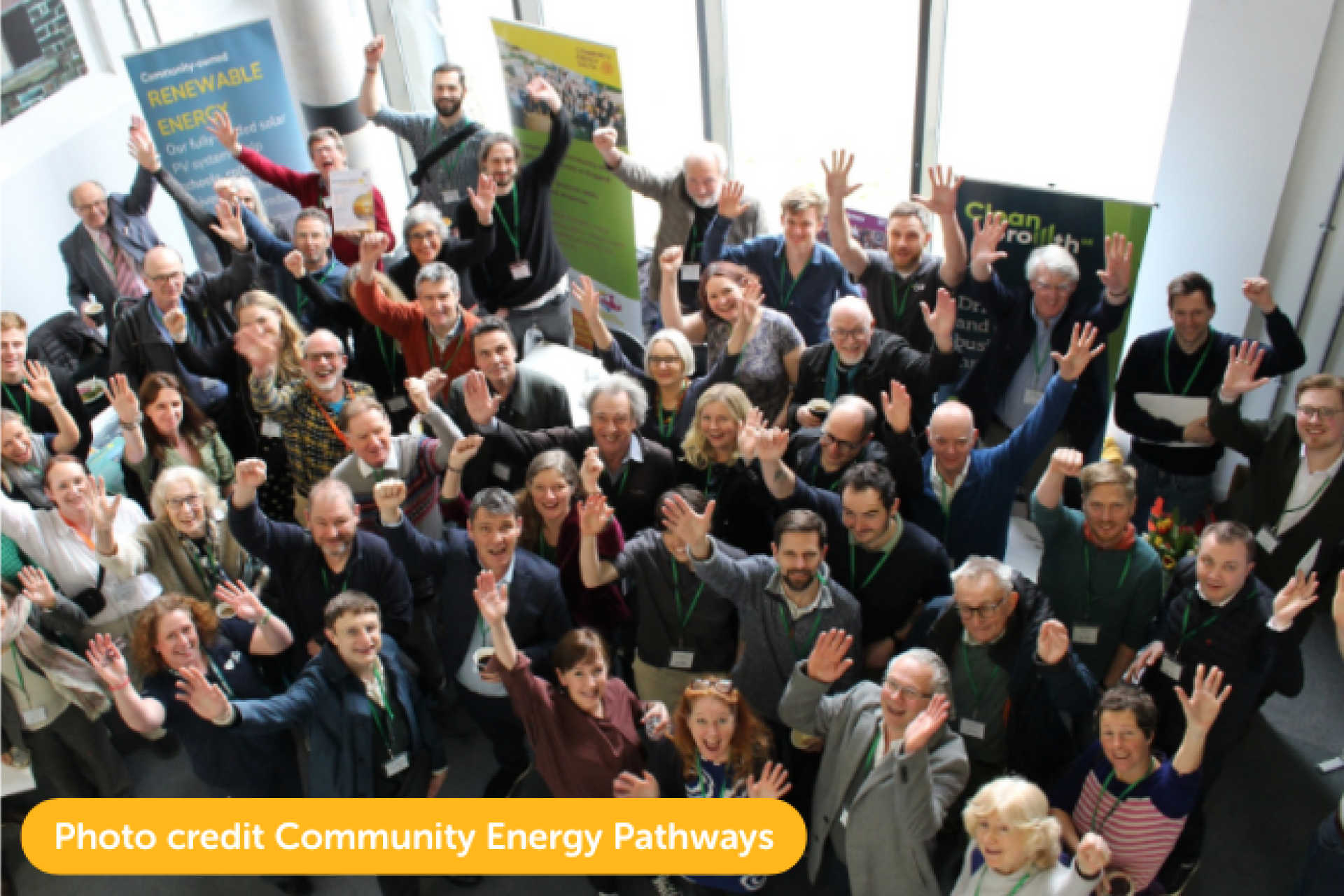Community Energy - A way for local people to come together to produce, manage, or use energy in a way that benefits their community. Examples include installing solar panels on schools or setting up wind turbines to generate electricity.
Renewable Energy - Energy that comes from natural sources that don’t run out, like the sun (solar), wind, and water (hydro).
Community Benefit Society (CBS) - A type of not-for-profit organisation set up to run community energy projects. Any money made is reinvested into the community or used for social good, rather than personal profit.
Co-operative - A business or group owned and controlled by its members, who have a say in decisions and share in the benefits. In community energy, co-operatives can own renewable energy projects together.
Energy Co-op Membership - Joining a group as a member means you can vote on decisions, help shape projects, and sometimes receive benefits like training or a share of profits.
Community Shares - A way to raise money for a project. People invest money to support a project they believe in, becoming members of the co-op in return. They might get their money back later or receive small returns, but the main goal is to support the community.
Power Purchase Agreement (PPA) - A contract where a community energy group sells the electricity they produce (e.g., from solar panels) to a local organisation, such as a school or business – usually the site on which the project is based.
Energy Efficiency - Using less energy to do the same things, like switching to LED bulbs or insulating buildings to keep heat in during winter.
Local Electricity Bill - A proposed UK law that would make it easier for small-scale renewable energy groups to sell electricity directly to their local communities.
Net Zero - A target to balance the amount of greenhouse gases produced with the amount removed from the atmosphere, helping tackle climate change. Community energy projects often contribute by generating clean energy.
Kilowatt-Peak (kWp) - A measure of how much electricity a solar panel system can produce under perfect conditions. For example, a 5 kWp system generates more power than a 3 kWp system.
Grid Connection - The link between a renewable energy system (like solar panels) and the national electricity grid. This allows the energy generated to be used locally or sold to others.
Energy Audit - A check-up on how much energy a building uses and where savings could be made, like fixing drafts or upgrading appliances.
Energy Advice Workshops - Sessions where community members learn how to save energy, lower bills, or apply for grants to improve their homes.
Annual General Meeting (AGM) - A yearly meeting where members of a community energy group review progress, vote on decisions, and elect leaders.
Community Engagement - Activities that raise awareness of a project, get people involved, or gather their ideas and support, such as workshops, events, or flyers.
Social Impact - The positive changes a project brings to the local community, such as reducing energy bills, creating jobs, or helping the environment.
 Our work with Solar for Schools
Our work with Solar for Schools
 Power Back Community Energy
Power Back Community Energy
 The generators we work with
The generators we work with
 Get funding for your group
Get funding for your group
 Community Energy Kickstart case study
Community Energy Kickstart case study
 Powering Communities Fund case studies
Powering Communities Fund case studies
 Community energy blogs
Community energy blogs
 Community energy events
Community energy events
 What is community energy?
What is community energy?
 Our team
Our team


